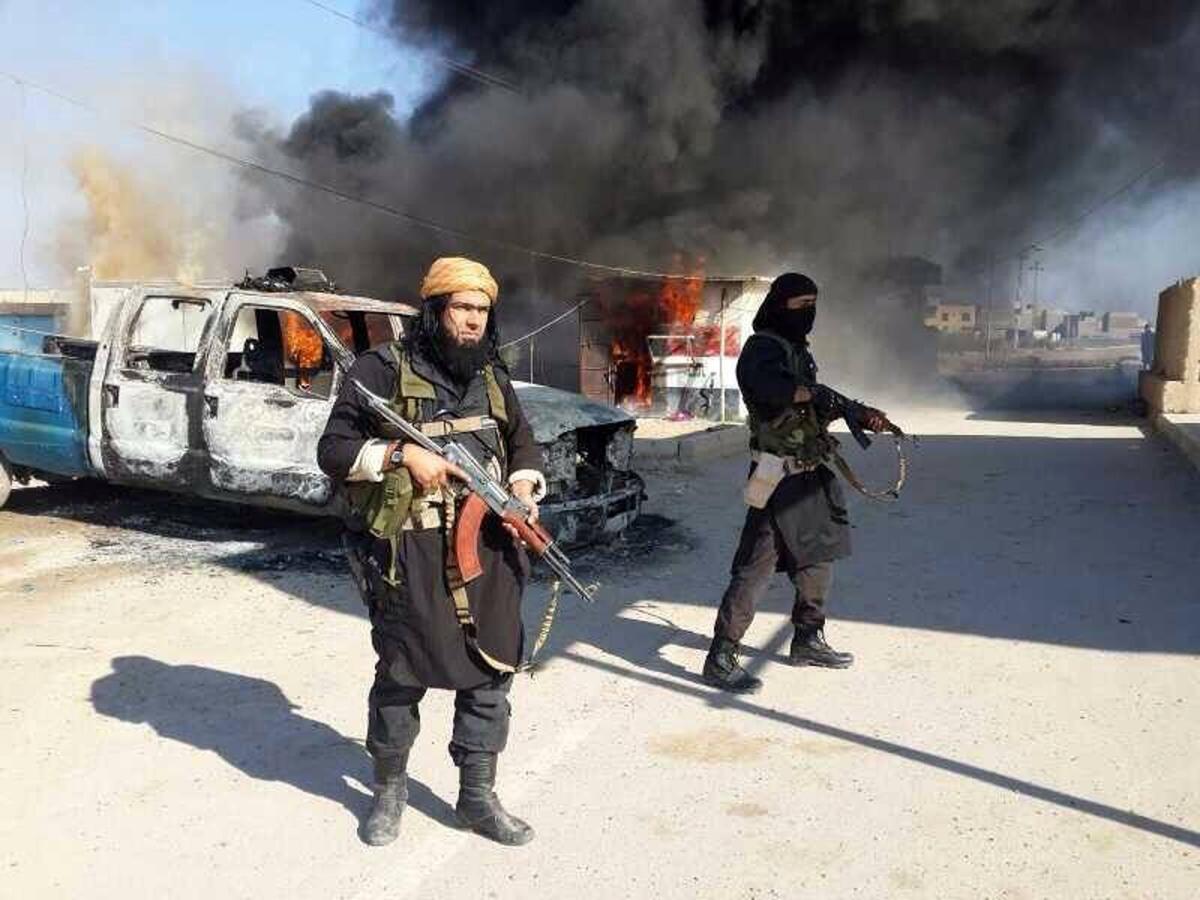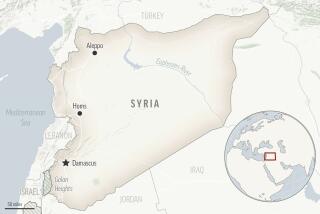Al Qaeda severs ties with militant group in Syria and Iraq

BEIRUT — The general command of Al Qaeda has declared publicly that it has no link to one of its best-known affiliates, the Islamic State of Iraq and Syria, which is waging a brutal guerrilla war in both Middle Eastern nations.
The Islamic State is “not a branch of Al Qaeda,” has no “organizational relationship” with Al Qaeda and its actions cannot be linked to Al Qaeda, declared a blunt statement issued by Al Qaeda’s Pakistan-based central command. The statement was posted on several jihadist websites early Monday.
Not only did Al Qaeda not endorse the Islamic State’s creation, the statement said, but it previously ordered the group to cease operations, without success.
Today, the Islamic State, also known as ISIS, boasts a territorial influence that stretches from Anbar province in Iraq to the rebel held stretches of northern Syria. Its ranks in Syria are reported to include thousands of non-Syrians, including other Arab nationals, Europeans and Russians who have flocked to Syria to perform “jihad.” The Islamic State’s trademark weapon is the suicide car bomb.
The public rebuke came after months of friction between Al Qaeda’s leadership and the Islamic State. The latter group spun off from the former Islamic State of Iraq, which was established as the militant group’s franchise in Iraq. In April 2013, the Islamic State of Iraq and Syria declared its birth, saying it had merged with a militant faction known as Al Nusra Front. That faction had gained notoriety for its car bomb attacks inside Syria.
But Al Nusra Front officials and Al Qaeda’s leader, Ayman Zawahiri, rejected the merger as a power play.
Since then, the Islamic State has earned a reputation for targeting other rebel groups it accuses of apostasy, implementing its extreme interpretation of Islam in the areas it controls, and abusing civilian supporters of the opposition.
Last month, fierce fighting broke out in Syria between the Islamic State and a new rebel alliance that included Al Nusra Front. Several hundred people have reportedly died in the infighting among rebels, which continues in some part of Syria.
The Islamic State was subsequently pushed out of a number of areas but continues to hold ground throughout northern Syria and is a major power broker in the northeastern rebel stronghold of Raqqah, the first Syrian provincial capital to fall completely into rebel hands.
Sandels is a special correspondent. Times Staff Writer Patrick J. McDonnell in Damascus, Syria, contributed to this report.
More to Read
Sign up for Essential California
The most important California stories and recommendations in your inbox every morning.
You may occasionally receive promotional content from the Los Angeles Times.










